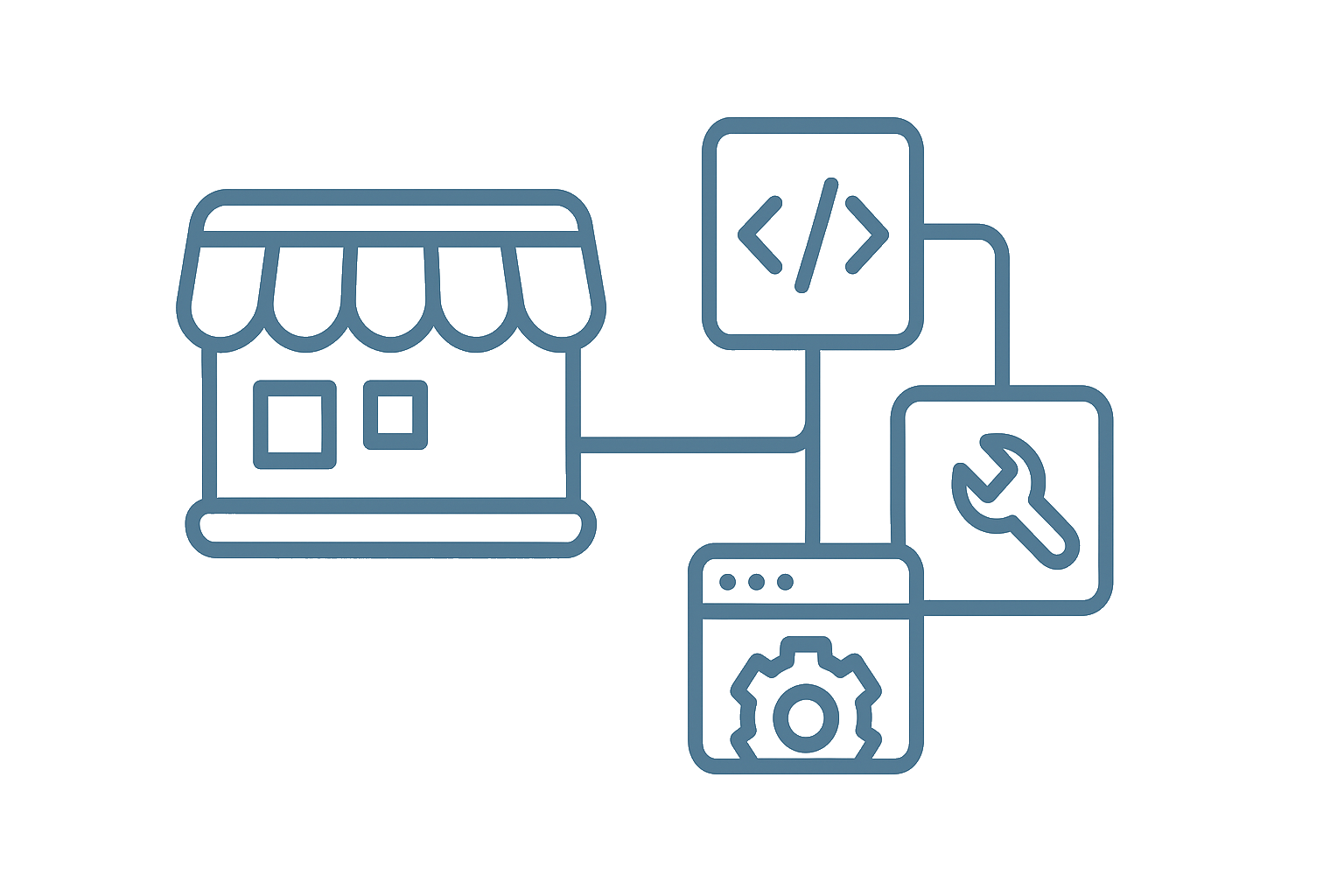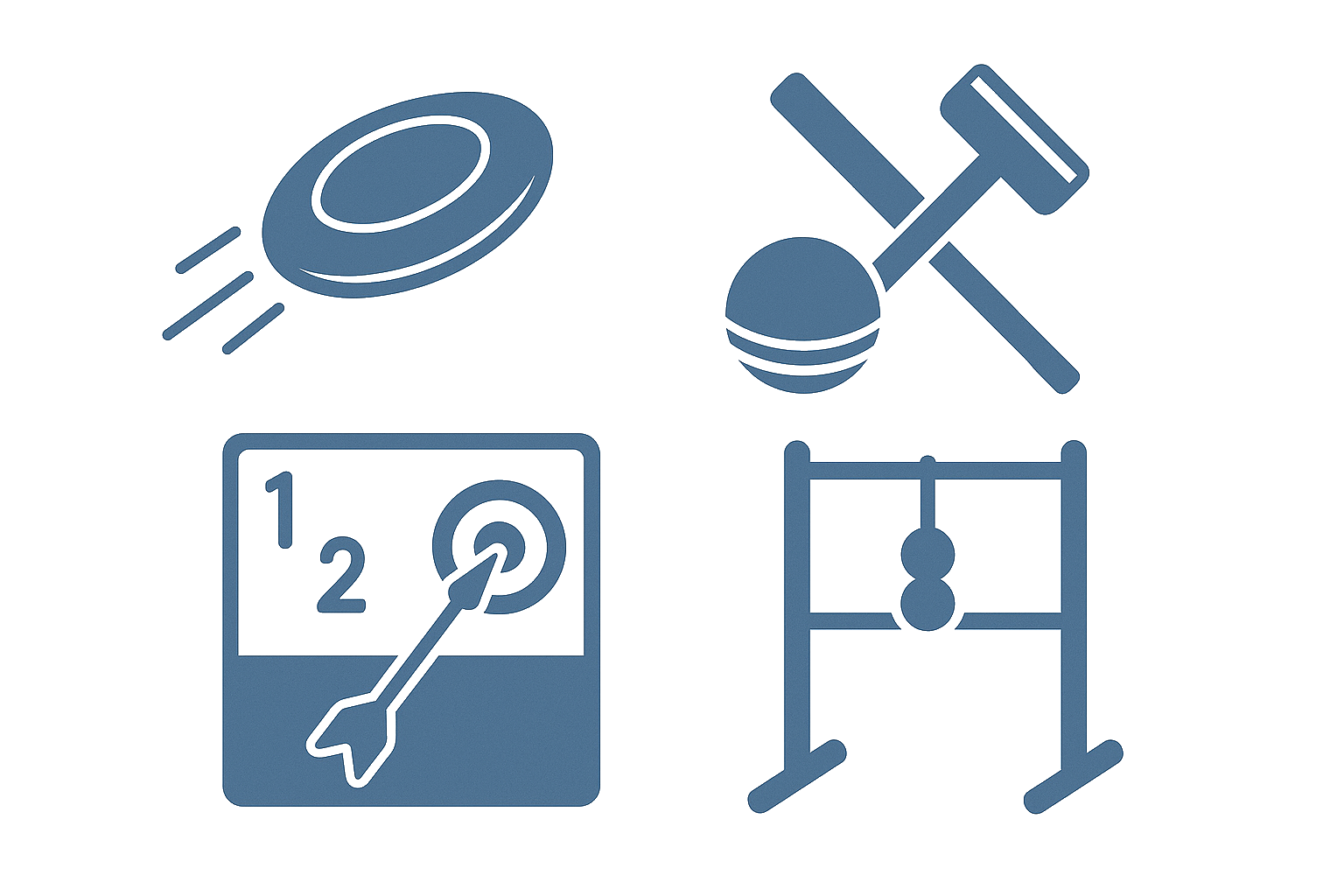📦 Expertise Snapshot
The logistics and supply chain industry doesn’t run on luck—it runs on tech. Behind every smooth warehouse operation, seamless tracking update, and automated delivery truck is a web of innovation that keeps goods moving at record speed. From smart shelving systems to AI-driven routing, the industry has become a high-tech powerhouse.
At Miller IP, we understand that these solutions don’t just appear overnight. They’re the result of years of research, development, and problem-solving. Our expertise lies in securing these advancements so businesses can expand with confidence, knowing their tools, technologies, and creative approaches are fully protected against copycats and competitors.
🧠 How Our Expertise Makes a Difference
In logistics, timing is everything—and the same goes for protecting intellectual property. Whether it’s a novel warehouse automation process or a cutting-edge delivery drone system, filing the right IP at the right moment can mean the difference between leading the market or losing ground.
Our team knows how to translate highly technical supply chain innovations into strong patent claims, how to build trademark strategies that grow with your brand, and how to protect creative content like software interfaces and route-optimization visuals through copyright law. With us, you won’t just stay on track—you’ll stay ahead.
🔒 IP Breakdown: Protecting What Matters
Patents protect supply chain inventions. Trademarks safeguard brand recognition. Copyrights cover creative assets like software, dashboards, and training tools. Together, they create a resilient framework for logistics innovators.

🔬 Patents in Logistics & Supply Chain
Patents are a cornerstone of protecting the technologies driving today’s logistics sector. From automated warehouse robots that pick and sort inventory to blockchain-based platforms that authenticate cargo, patents secure the technical backbone of modern supply chains.
Miller IP works with businesses to not only identify what is patentable but also to draft and file claims that withstand challenges. In an industry where incremental innovation—like faster scanning systems or more efficient delivery drones—can offer huge advantages, securing those innovations as patents ensures that competitors can’t easily replicate them. This keeps your business’s investments boxed up, locked down, and ready for growth.
🏷️ Trademarks in Logistics & Supply Chain
Your brand is the handshake that seals the deal, and in logistics, trust is everything. Trademarks protect logos, names, and even distinctive service identifiers that customers rely on when choosing carriers, warehousing partners, or software solutions.
Whether it’s a global courier’s recognizable color scheme or a startup’s catchy app name, trademark protection ensures that competitors can’t confuse customers or piggyback off your reputation. For logistics innovators building platforms or delivery systems, a well-protected brand becomes just as important as the tech behind it—because clients need assurance that your solution is reliable, professional, and uniquely yours.
📚 Copyrights in Logistics & Supply Chain
Copyright may not be the first IP tool that comes to mind in logistics, but it plays a critical role. Supply chain software dashboards, AI-driven visualization tools, digital training manuals, and even marketing content are all protected under copyright law.
This protection is especially important as logistics solutions become more software-driven. If your business builds a unique interface for tracking shipments or develops educational content for warehouse automation, copyright ensures these assets stay yours. Without it, others could replicate not just your tech, but the creative ways your team communicates, trains, and builds trust.
💡 Real-World Business Examples
Amazon Robotics – By integrating patented warehouse robotics and automation systems, Amazon transformed fulfillment centers into models of efficiency. Its IP portfolio prevents others from duplicating these advancements and secures its competitive edge.
FedEx SenseAware – FedEx developed a patented sensor-based system to track sensitive shipments in real time. Combined with trademark protection for its service brand, it positioned FedEx as a premium provider in logistics monitoring.
Maersk & TradeLens – Maersk collaborated on blockchain-based supply chain tracking software. By protecting the software code with copyright and its branding with trademarks, Maersk ensured that its innovations in transparency and trust stayed within its ecosystem.
Together, these examples highlight how patents, trademarks, and copyrights create a powerful foundation for supply chain leaders to build on.

🎯 Take the Next Step
Secure your logistics innovations today—protect your supply chain’s future tomorrow.











